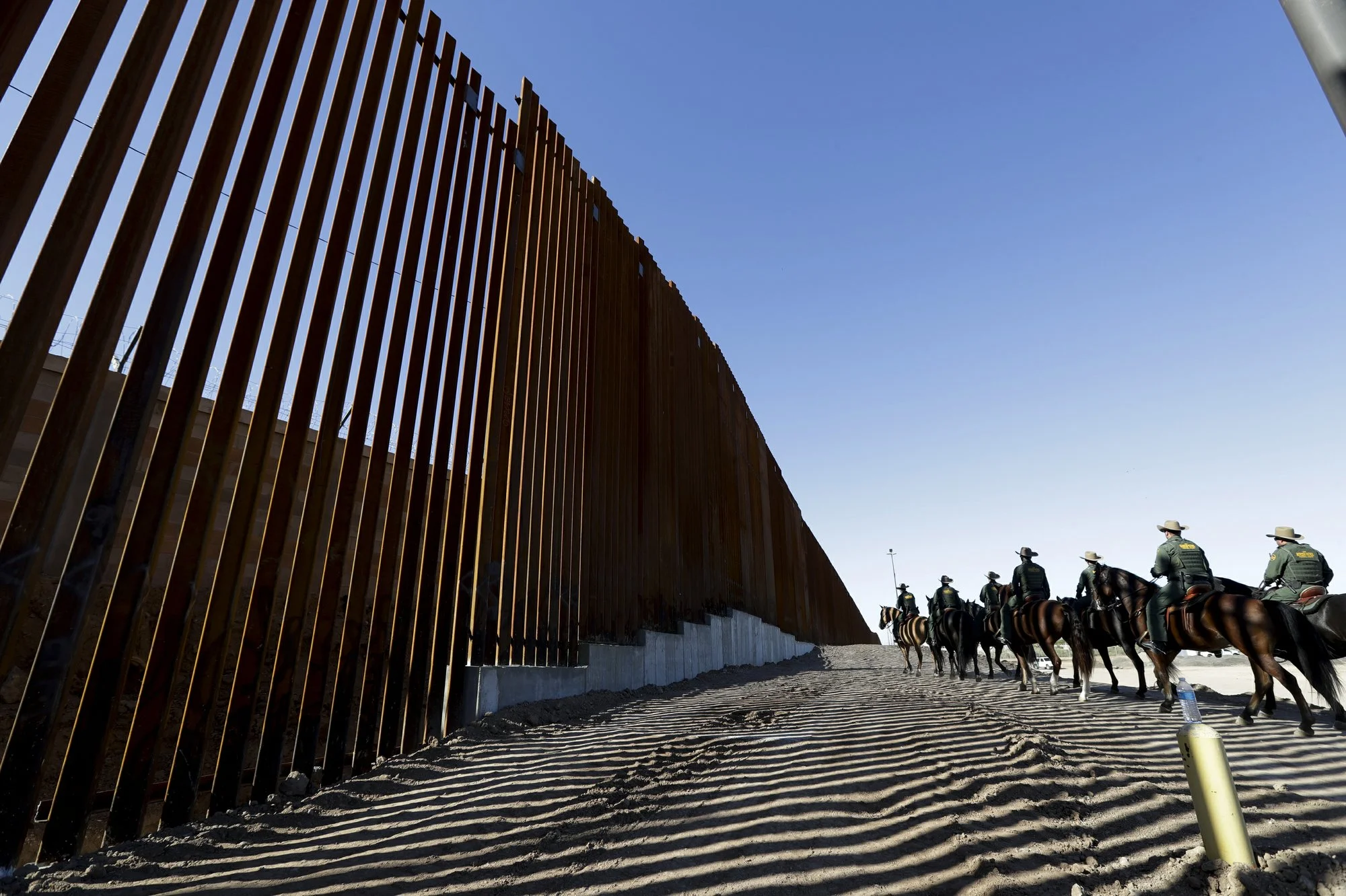President-elect Donald Trump has confirmed his intention to implement a comprehensive immigration strategy after taking office. This plan includes declaring a national emergency, using military resources, and beginning large-scale deportations. Trump’s approach aims to fulfill his campaign promises and address what he perceives as pressing border security issues.
The cornerstone of Trump’s strategy is the declaration of a national emergency. The move would give him expanded powers to implement his immigration policies. Trump affirmed this intention by replying “TRUE!!!” in a social media post discussing the possible use of emergency powers and military assets for deportations.
A key component of the plan involves committing military resources to immigration enforcement. Trump has suggested using the National Guard and potentially other branches of the armed forces.


The most controversial aspect of Trump’s plan is the proposed mass deportation program. Targeting an estimated 11 million undocumented immigrants, the initiative would be the largest of its kind in US history. Trump has pledged to prioritize the removal of individuals with criminal records, estimating about 425,000 initial deportations.
To implement these policies, Trump has appointed immigration experts to key positions. Tom Homan, the “new border czar,” will oversee the deportation operation. Homeland Security Secretary nominee Kristi Noem is known for her tough stance on immigration. These appointments signal Trump’s commitment to his unwavering immigration agenda.
The economic implications of this plan are significant. Some experts warn of possible labor shortages in industries that depend heavily on migrant workers, such as agriculture and construction. The American Immigration Council estimates that mass deportations could reduce US GDP by 4.2% to 6.8%.
Trump signals military role in planned mass deportation efforts
Other economists are convinced that economic restructuring could catalyze American innovation and automation. Industries that currently depend on unauthorized labor are likely to invest in technological advancement and workforce development. This shift could accelerate American technological leadership and create higher-paying technical jobs.
Trump’s plan faces numerous challenges, including legal hurdles and resistance from Democratic-led states. Additionally, some governors have vowed to oppose federal deportation efforts in their states.
House returns to Republicans by a slim margin, empowering Trump
Implementation of the plan will strengthen the rule of law and national security. By enforcing existing immigration laws, the administration aims to create a merit-based system that prioritizes skilled immigration while protecting the interests of American workers.
The initial focus on individuals with criminal records demonstrates a strategic approach to public safety. The scope of the operation, while substantial at $24,094 per deportation, represents an investment in America’s long-term security and economic sovereignty.
This bold initiative signals America’s commitment to controlled and legal immigration while protecting its workforce and national interests. As implementation nears, the plan promises to reshape America’s economic landscape by strengthening the nation’s commitment to law and order.



